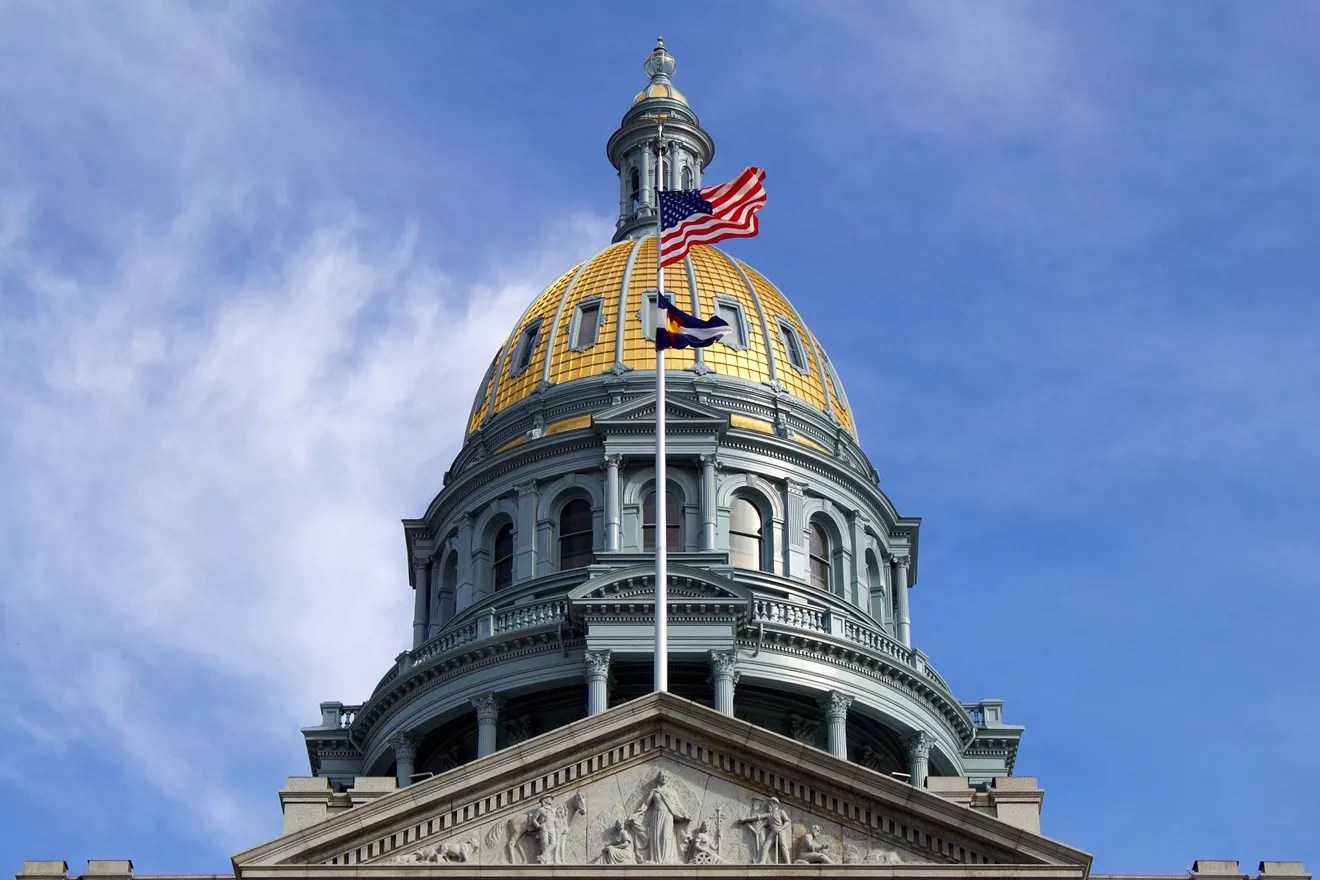
Hannah Metzger

Audio By Carbonatix
Colorado boasts one of the nation’s best election systems. So why are we being asked to overhaul it? Proposition 131 is a complicated jumble of election changes that puts our democratic system at risk, changes that could have far-reaching consequences for our state.
Proponents argue that 131 will reduce political polarization and promote independent candidates. The reality is far more complex, especially for communities of color.
Only about half of Colorado candidates are covered by Proposition 131: U.S. Senate, U.S. House, statewide races and legislative races. U.S. President and county, city and other local races are exempt. That means Colorado voters will be voting with two different types of ballots in both the primary and the general election. Half the primary ballot will be under the 131 method, the other half under current election law. Same thing in the general election: Half the ballot will be under a confusing ranked-choice ballot method, the other half under the current one-choice-per-race method.
It’s confusing to all voters, but particularly to those in lower-income, higher-minority and historically underrepresented areas. Under the ranked-choice general election, voters would rank the candidates in preference from one to four. A computer runoff is sparked if no candidate gets 50 percent of the vote, and it could take weeks for results. If a voter only picks one candidate, their vote won’t count in subsequent runoff rounds. Ballots cast in ranked-choice voting elections are ten times more likely to have mistakes that invalidate the vote without the voter’s knowledge, according to the University of Pennsylvania.
Ranked-choice voting isn’t just theoretical; I’ve seen it in practice. I worked on a 2021 campaign in New York City for a Black candidate in Brooklyn under a ranked-choice voting system, and the results were concerning. The system created confusion and used a Black candidate’s popularity to gain second-choice votes from her community without giving her a real shot at winning. Fundraising became more competitive and, ultimately, the system was designed to favor those with more resources.
In New York, wealthier, whiter neighborhoods were more likely to use the ranking system correctly, while lower-income areas – home to Black, Latino and Asian voters – struggled with it. The system didn’t promote fairness; it exploited minority voters for the advantage of others. It was also harder for us to raise funds, making an already uphill battle even steeper.
At a time when voter turnout in Colorado is among the highest in the country – second only to Minnesota – and when minority representation is at a historic high in the state legislature, why risk implementing a system that could reverse this progress? If it ain’t broke, why fix it? This drastic change isn’t just unnecessary, it could harm the communities that have historically been most vulnerable in our democracy and send Colorado backward.
Colorado’s current election system has helped elevate more minority candidates to office than ever before. Our mail-in ballot system and progressive voting process have empowered Black candidates to win elections without the deep pockets of their opponents. So why rush to change a system that works for us?
Let’s be honest: Proposition 131 isn’t about making elections fairer. It’s all about money controlling our politics, which minimizes the impact of communities of color. Look no further than the supporters of this measure – wealthy elites like Kent Thiry, the former CEO of DaVita, who have no stake in ensuring fair representation for Colorado’s Black and minority voters.
In 2018, Thiry promised more competitive districts under his changes to redistricting legislative districts. But redistricting fractured historically Black districts like HD 8 and HD 9, making it harder for Black voters to come together as a political force. Now, Proposition 131 threatens to do even more damage.
There’s no reason to upend a system that’s already producing high voter turnout and electing candidates who reflect Colorado’s diversity.
Let’s vote No on Proposition 131.
Portia Prescott is the president of the Rocky Mountain NAACP CO-WY-MT State Conference. She’s been an advocate and community leader, and managing partner of Jefferson Prescott Consulting for more than thirty years.
In the days leading up to the November 5 election, westword.com will be publishing commentaries on the various ballot measures…both pro and con. Have one you’d like to submit? Send it to editorial@westword.com, where you can also comment on this piece as well as others.